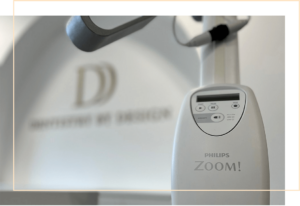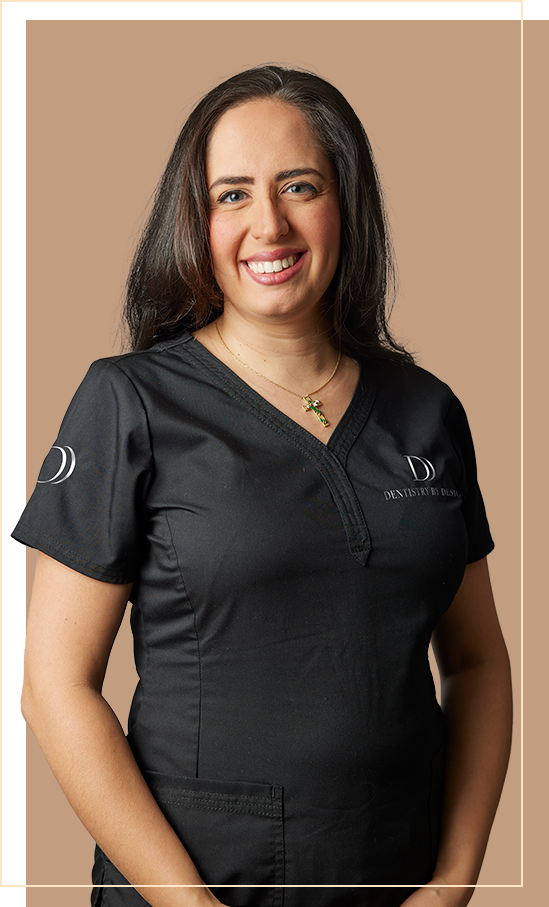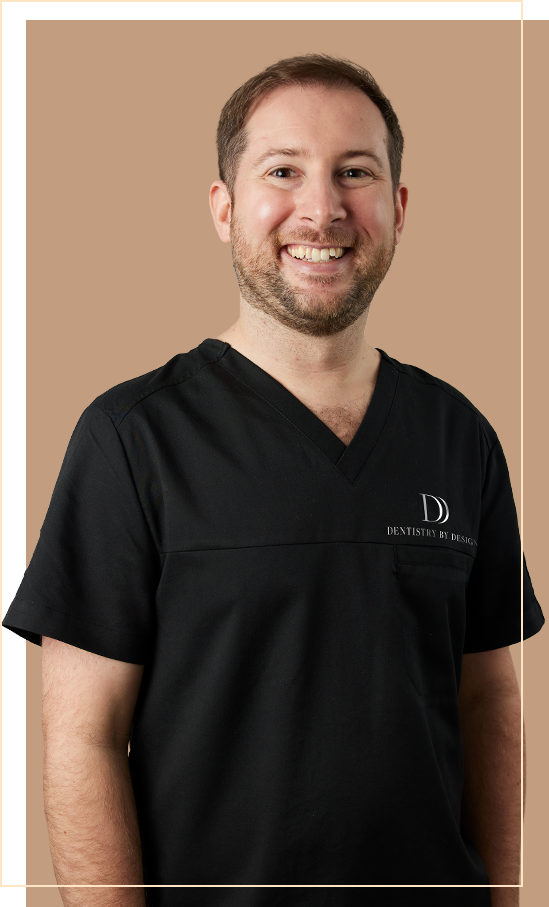There are many old wives’ tales about pregnancy, including the myth that you should expect to lose a tooth for every child. While this isn’t the case, it is true that hormone changes during this time can increase the risk of dental problems and associated health risks for some women.
You can lower your risk of developing these problems and help your teeth and gums to stay healthy by maintaining good oral hygiene and having regular visits to the dental clinic before, during and after your pregnancy.
Dental concerns during pregnancy
Everyone needs to take good care of their teeth and gums, but hormone changes can put pregnant women at higher risk of developing certain problems. These include:
Gum disease (pregnancy gingivitis)
Gum disease happens if plaque spreads from teeth to the gum line. Gingivitis is the early stage of gum disease, which you might have if your gums bleed, feel itchy or appear red or swollen. Hormones that increase blood flow to the gums increase the risk of gum disease developing during pregnancy.
As well as causing discomfort, gingivitis that isn’t treated in time may develop into periodontitis. This is a more serious dental disease that can cause permanent damage to the gums and jaw or even tooth loss. There is also evidence that gum disease in pregnant women may increase the risk of giving birth prematurely.
Following good oral hygiene should lower your gum disease risk during pregnancy. If you think you might already have it, make an appointment with your dentist for an oral health assessment and to discuss gum disease treatments.
Tooth decay
If you have pregnancy cravings for unhealthy food or drink that are high in sugar, starch or acids, this can feed bacteria in your mouth and spread plaque, leading to tooth decay and possibly cavities.
Trying to avoid giving into these cravings, substituting healthy snacks and talking to your dentist for advice should help to keep your teeth free from decay and avoid the need for treatments such as fillings.
Tooth erosion
Teeth are also at risk during early pregnancy from vomiting brought on by morning sickness. Vomit is highly acidic and can weaken teeth enamel when it’s exposed frequently.
Some women accidentally cause more damage to their teeth by brushing straight after vomiting, which can strip away some of the enamel. It’s recommended that you rinse your mouth right away, but don’t brush for at least 30 minutes after vomiting, so your teeth have a chance to recover.
When should I visit the dentist?
It’s recommended that you see your dentist if you’re planning to get pregnant soon, even if it’s not time for your regular check-up yet. Your dentist may recommend that you visit several times during your pregnancy, due to the higher risk of problems such as gum disease, so they can monitor your oral health more closely and provide hygiene treatments to help keep plaque at bay.
Some dental procedures should ideally be avoided during pregnancy, such as x-rays in the first trimester. Any dental treatments you’ve been delaying such as wisdom teeth removal can also be taken care of in advance to avoid possible complications later.
Need to see a dentist in Balmain?
If you want to talk to a dentist for advice about pregnancy or any other issue, get in touch with our friendly team at Dentistry by Design.
Call our Balmain dentists on 02 9810 5507 or contact us to book an appointment today.








